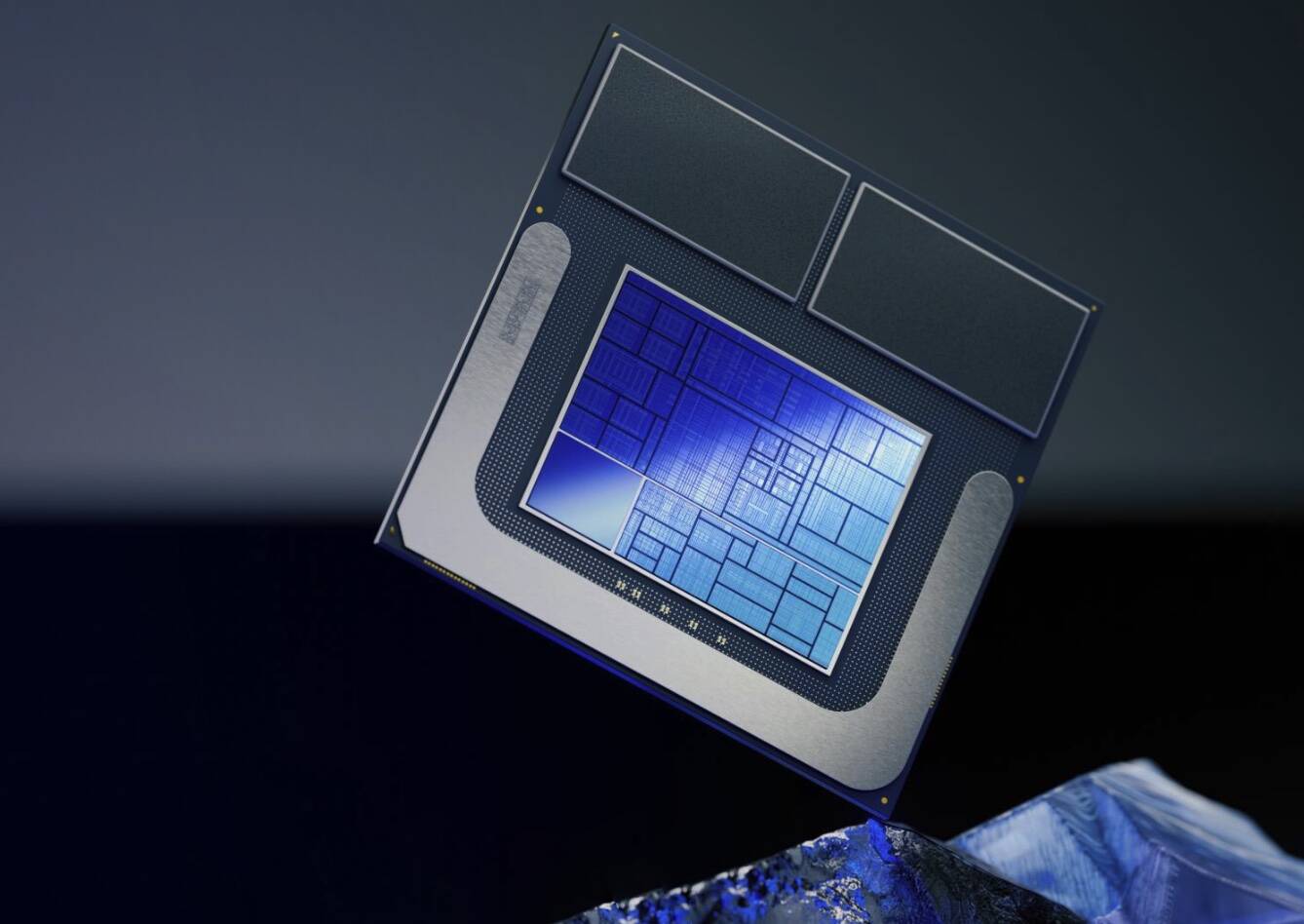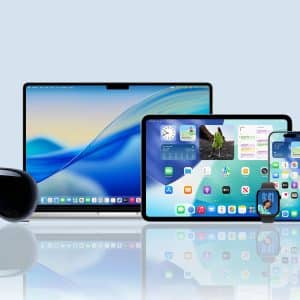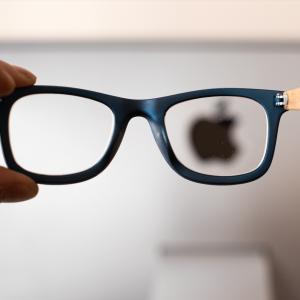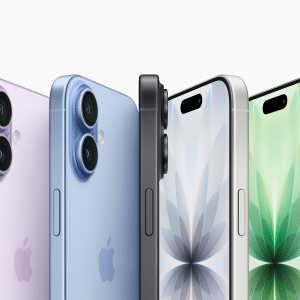Apple’s announcement about its custom Bluetooth and Wi-Fi chip has sparked excitement and curiosity. Designed to replace third-party solutions, particularly those from Broadcom, this move aligns with Apple’s strategy of vertical integration. The chip is expected to deliver superior performance, extended battery life, and unparalleled compatibility across Apple devices.

Why Apple Is Developing a Custom Bluetooth and Wi-Fi Chip
Breaking Away from Dependence
Apple’s decision to create its own wireless chip stems from a desire to reduce reliance on external suppliers. Broadcom currently provides chips for Apple devices, but by transitioning to in-house solutions, Apple can:
- Gain complete control over chip design and features.
- Ensure long-term supply chain stability.
- Optimize performance specific to its hardware and software needs.
Enhancing Integration
Custom chips allow Apple to tailor wireless connectivity to its devices, ensuring tighter integration with macOS, iOS, watchOS, and visionOS. This synergy not only improves performance but also enhances user experiences by reducing latency and improving data transfer speeds.
Benefits of Apple’s Custom Bluetooth and Wi-Fi Chip
Superior Performance
Apple’s custom chip is designed to outperform current third-party solutions by offering:
- Faster data transfer speeds for seamless file sharing and streaming.
- More reliable connections, especially in crowded networks.
- Reduced latency for real-time applications like gaming and video calls.
Improved Battery Efficiency
Wireless connectivity is a significant drain on battery life. Apple’s new chip aims to mitigate this by:
- Optimizing power consumption during data transfers.
- Offering intelligent sleep modes when devices aren’t actively in use.
Enhanced Security
As with other proprietary Apple technologies, the custom chip will likely feature advanced security measures, such as:
- Encrypted connections to safeguard data.
- On-chip authentication protocols for secure device pairing.
What This Means for Apple’s Product Lineup
iPhones and iPads
The integration of a custom Bluetooth and Wi-Fi chip in iPhones and iPads could lead to:
- Faster AirDrop transfers.
- Improved wireless charging capabilities through better communication with accessories.
Apple Watch and Wearables
For wearables, where battery life is critical, the chip could:
- Extend usage times by reducing wireless power consumption.
- Enable smoother syncing with iPhones and other devices.
MacBooks and iMacs
The new chip could enhance the connectivity features of macOS, particularly for:
- Faster downloads over Wi-Fi.
- Better synchronization with iPads via Universal Control.
Vision Pro
For the Vision Pro, Apple’s custom chip could ensure:
- Low-latency streaming for immersive AR experiences.
- Uninterrupted connections to peripherals.
Broader Industry Implications
By developing its own Bluetooth and Wi-Fi chip, Apple sets a precedent for other tech giants. This move not only highlights the importance of vertical integration but also challenges third-party suppliers like Broadcom to innovate further.
Broadcom stands to lose a significant portion of its revenue if Apple phases out its reliance on third-party wireless chips. This shift could lead to market adjustments and increased competition among chip manufacturers.
Apple’s proprietary approach might raise questions about compatibility with non-Apple devices. However, the company’s focus on delivering unparalleled user experiences could outweigh these concerns for most consumers.
Potential Challenges for Apple
Creating a custom Bluetooth and Wi-Fi chip requires substantial investment in research and development. However, Apple’s financial resources and engineering expertise position it well to overcome these hurdles.
Ensuring backward compatibility with older Apple devices and third-party accessories could be a challenge. Apple will need to implement robust standards to ensure a smooth transition.
The Future of Wireless Technology
Integration with Apple Silicon
Apple’s custom chip is expected to complement its Apple Silicon processors, creating a unified architecture for all devices. This integration will lead to:
- Faster communication between processors and wireless components.
- Improved overall system efficiency.
Innovations in Wireless Communication
The custom chip could pave the way for next-gen wireless technologies, including:
- Support for Wi-Fi 7, offering even faster speeds and lower latency.
- Advanced Bluetooth codecs for higher-quality audio streaming.
A New Era of Connectivity
Apple’s custom Bluetooth and Wi-Fi chip will undoubtedly enhance the user experience by:
- Offering faster, more reliable wireless connections.
- Improving the battery life of devices across the board.
- Ensuring a seamless, secure, and integrated Apple network.
A Strategic Move Towards Independence
Apple’s custom Bluetooth and Wi-Fi chip represents a significant milestone in the company’s journey toward full vertical integration. By taking control of wireless connectivity, Apple aims to deliver superior performance, enhanced security, and improved battery efficiency.
This innovation underscores Apple’s commitment to setting industry standards and pushing the boundaries of what its devices can achieve. As this chip rolls out across Apple’s product lineup, users can expect a new level of connectivity that redefines convenience and reliability.








